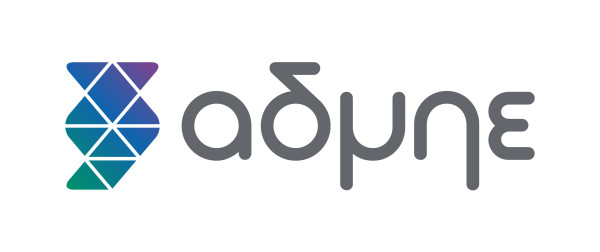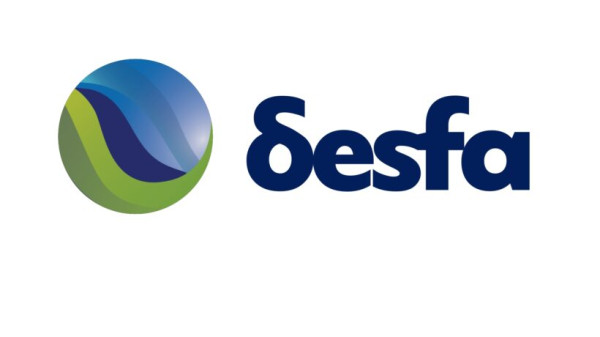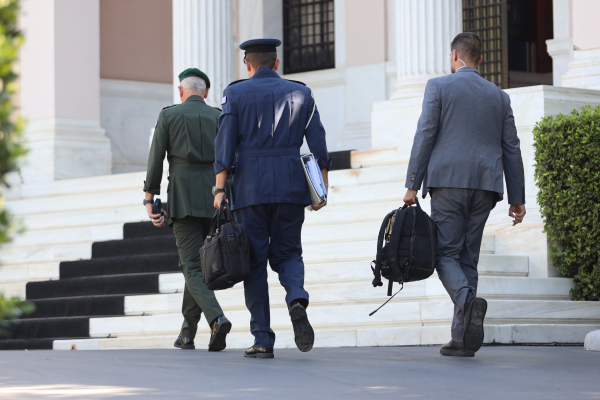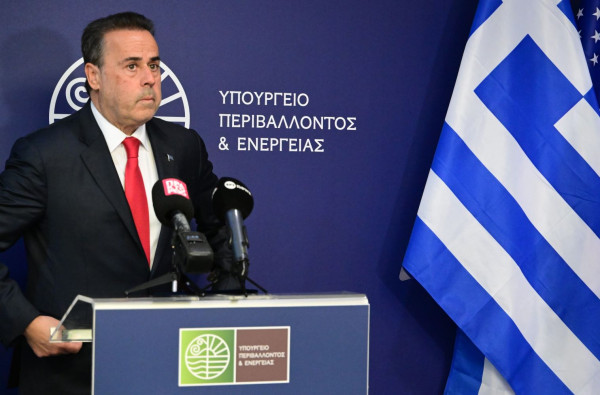The White Paper on Europe’s Defense Reinforcement has taken center stage in discussions across Brussels and European capitals, with the issue set to dominate the European Council Summit on Thursday. Ukrainian President Volodymyr Zelensky will also attend, underscoring the growing emphasis on Europe’s military support for Ukraine.
The EU leaders' summit is focused on strengthening the bloc’s economic competitiveness, continuing discussions that began during the special European Council session in March 2025, where the primary topics included European defense policy and military support for Ukraine. The agenda also includes reviewing economic security strategies, international partnerships, and continued military and humanitarian assistance to Ukraine. Additionally, EU leaders will assess the latest developments in Syria, particularly in terms of diplomatic engagement and humanitarian relief.
At the heart of these discussions is the White Paper on Defense Reinforcement, which outlines an ambitious plan to overhaul European defense policy. The proposal aims to finance member states’ military capabilities and bolster the European defense industry. It highlights investment gaps and security challenges that must be addressed to ensure Europe's strategic autonomy. The initiative seeks to increase military support for Ukraine, fill critical capability gaps among EU nations, strengthen the European defense industry, and improve international cooperation in addressing security threats.
A central element of this strategy is the aspiration to create a European Defense Union. The implementation of the White Paper’s proposals, alongside the ReArm Europe / Readiness 2030 plan, is considered a key step toward this goal. While member states will continue to play a decisive role in shaping defense policy and deploying military forces, the EU aims to foster greater collaboration, coordinate investments, and establish a unified defense market.
Defense has become a top priority for the European Commission, as reflected in Ursula von der Leyen’s policy directives and guidance to key EU Commissioners. Strengthening the European defense sector is not only seen as a security necessity but also as a means to enhance the bloc’s economic competitiveness. The Draghi Report highlights that innovation in the defense sector could act as a catalyst for Europe’s industrial and technological resurgence, reinforcing stability, peace, and prosperity.
European defense investments have already increased significantly. The EU has allocated €8 billion for defense research and development between 2021 and 2027, including €5.4 billion from the European Defense Fund. Additionally, the EU has committed €513 million to increase ammunition production, with a target of producing two million shells annually by 2025, and €310 million to support joint procurement of military equipment.
The White Paper aligns closely with NATO, reaffirming that Europe’s pursuit of defense self-sufficiency does not conflict with the alliance but rather complements NATO’s broader security strategy.
A key component of the plan is a €800 billion investment initiative designed to strengthen Europe’s defense industry and military capabilities. This proposal includes a fiscal escape clause, allowing EU nations to increase defense spending without it counting toward their budget deficits, effectively unlocking up to €650 billion for military investments. The plan also introduces a new financial instrument, “SAFE” (Security Action for Europe), which will provide up to €150 billion in loans to member states for joint defense procurement. Additional funding will come from the European Investment Bank, private capital, and tax incentives, including VAT exemptions for common defense purchases.
The implementation of these measures will be subject to intense debate in the coming months, with critical decisions expected at the European Council summit in June 2025.
What This Means for Greece
For Greece, this policy shift carries both significant opportunities and complex challenges. The country currently spends 3% of its GDP on defense—one of the highest rates in the EU. The fiscal escape clause is particularly crucial for Greece, as it allows for an increase in military expenditures without violating EU fiscal constraints. Given Greece’s high public debt and strict budgetary commitments, this clause could provide a much-needed buffer, enabling continued investments in national defense without triggering financial restrictions from Brussels.
Greece has already committed to major arms procurement programs, including Rafale fighter jets, Belharra frigates, the modernization of F-16s, and the potential acquisition of F-35s. While these investments are essential for national security, they could place additional strain on Greece’s fiscal position. The escape clause would allow Greece to continue these necessary defense acquisitions without having to make severe budget cuts in other areas.
Beyond direct defense spending, the White Paper also presents a unique opportunity for Greece’s domestic defense industry. Historically, Greece’s defense sector has faced financial difficulties, as the country has spent significant sums on military procurement without proportionate investment in domestic defense production. With the new EU defense funding mechanisms, Greece could channel more resources into developing its own defense industry, rather than relying solely on foreign manufacturers.
Moreover, the White Paper envisions a stronger integration of EU member states into Europe’s defense ecosystem. This could open the door for Greek defense companies—both state-owned entities like Hellenic Aerospace Industry, Hellenic Defense Systems, and ELVO, as well as private firms such as METKA, INTRASOFT, and THEON—to participate in joint European defense programs. Given the EU’s focus on collaborative procurement, Greek companies could secure contracts not just for Greece but for the broader European market, driving job creation and technological innovation in the country’s defense sector.
Additionally, the White Paper sets the foundation for a Single European Defense Market, which would simplify regulations and facilitate defense production across EU nations. This could allow Greece to develop and manufacture its own weapons systems, reduce dependence on imports, and become a stronger player in European defense production.
Despite these potential benefits, Greece must carefully balance its military investments with long-term fiscal sustainability. While the escape clause provides short-term flexibility, the long-term impact on Greece’s debt will depend on how defense spending is financed. If Greece can leverage EU co-financing and low-interest loans, the impact on public debt will be moderate. However, if the country must take on additional national debt without EU financial support, its debt burden could rise significantly, increasing borrowing costs and financial pressures.
The European Commission’s latest projections suggest that Greece’s debt-to-GDP ratio will decline to 119% by 2035. However, a rapid increase in defense spending could slow the pace of debt reduction, especially if military investments do not generate long-term economic growth.































